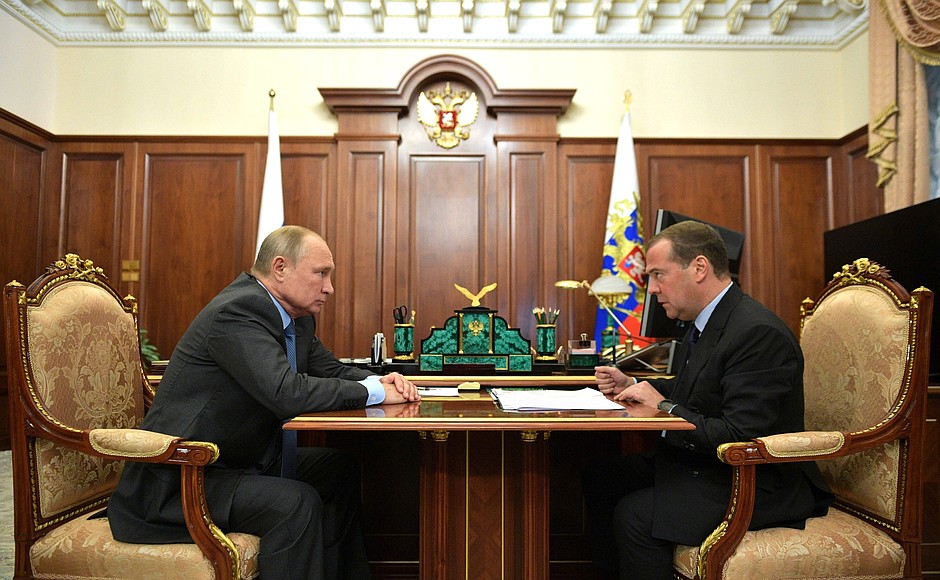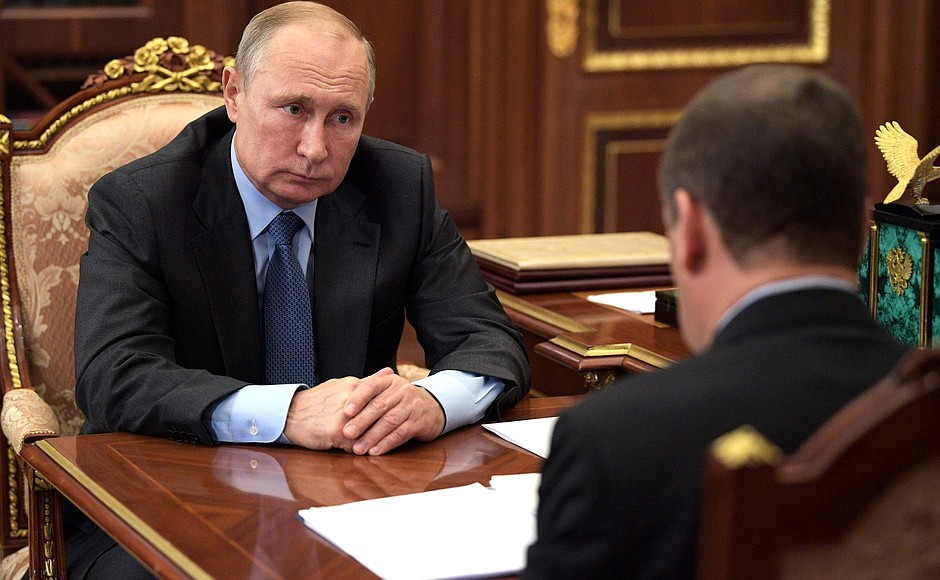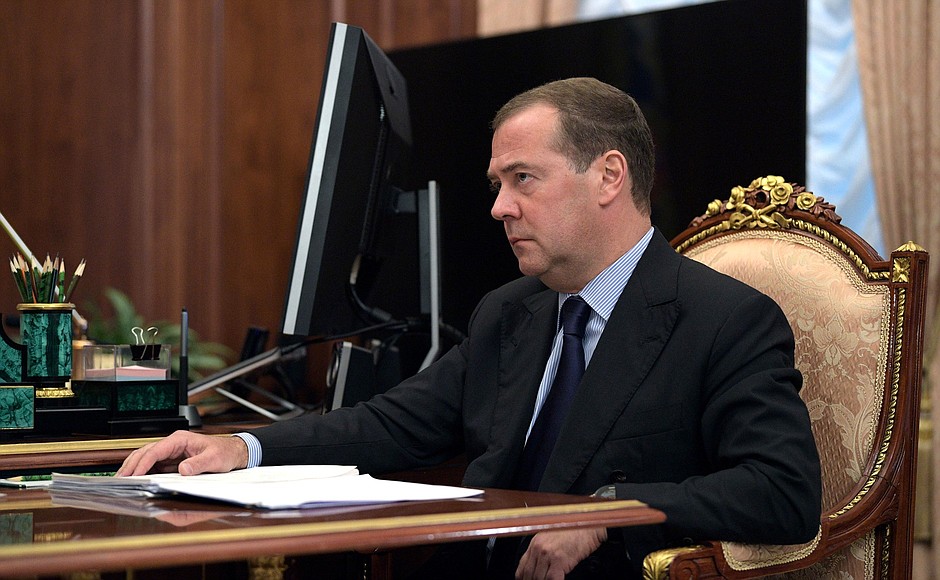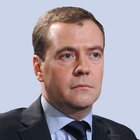President of Russia Vladimir Putin: Mr Medvedev, we repeatedly return to the issue of primary healthcare. By October 1–2, the Government planned to prepare proposals on steps to improve this important segment of the national healthcare system. I would like to hear your proposals – what the Government thought of and what it proposes – in general.
One of the most important points here is compensation. It needs to be fair and needs to motivate people to work efficiently, so unless we achieve an effective solution here, including in this segment, in the primary healthcare segment, we will not be able to resolve one of the main healthcare problems – the problem of staffing medical facilities.
I think it would be expedient to consider primary care as part of the National Project. We might or might not formalise it, but the fact is obvious that primary care is part of the system in general, and if we do not streamline it at this level, we will be shifting the burden to high-tech federal or regional centres. Anyway, most people use their district and inter-district outpatient clinics and hospitals.
Prime Minister Dmitry Medvedev: Mr President, you were absolutely right to point out some time ago that the modernisation of primary healthcare has not been translated into the work that is now underway in full measure as it should. So on your instructions, proposals have been prepared on what to do in this area, aiming, in general, to improve the quality of primary healthcare.
You just rightly said that the vast majority of people first go to a local outpatient clinic or hospital anyway, including in rural areas, in small towns, or to a central district hospital, or inter-district hospitals. I must admit bluntly that the state these hospitals and clinics are in is a problem in itself, and in some cases it’s just disastrous. So a programme has been prepared, following your instructions, and I signed a resolution, within the framework of your instruction, approving the principles of upgrading primary healthcare and the parameters for evaluating the projects that will be implemented here.
What we are going to do – first, conduct an inventory of healthcare facilities in accordance with this resolution. There are a lot of them and they are in very different conditions. Some are good enough – acceptable – but some are in very, very rough condition at the moment. I am referring to primary care facilities such as central district hospitals and outpatient clinics.
After that, the regional authorities will need to develop layouts for the location of healthcare facilities, new arrangements for primary care. Furthermore, based on these layouts, arrangements and data sheets, which will be approved, either new hospitals and clinics will be built, or old ones will be ungraded, rebuilt, or overhauled where possible, because many of them have long been in need of repairs, and this is quite obvious.
This work will be carried out in accordance with this document. Our colleagues in the regions are to approve regional primary care modernisation programmes by July 1, 2020, and we, in accordance with the instructions you gave and with this document, are to provide the necessary funding in proportions we will agree on with our colleagues in the regions.
You just said this work should be carried out under the same principles as the larger Healthcare National Project. We will do this because these guidelines make it easier; there is less bureaucracy, fewer managerial decisions to make, and things will get done faster so the implementation phase can be reached sooner.
The problem of changing the labour compensation system in the primary care segment is certainly an important priority. As you said, we will definitely prepare proposals in such a way that our decisions are balanced, but at the same time help keep staff in primary care. I must admit that it is an extremely important but difficult task. But ultimately this should lead to improvement in the primary healthcare funding system, I mean state funding through the insurance system that we have.
All of these decisions take effect as of today, but naturally the Government will report to you regularly, and maybe if any adjustments are needed, we will also ask for them.
Vladimir Putin: We regularly experience miscues where the government and municipal cooperation must be effectively maintained. We always have difficulties at this junction because the officials at the government level – both federal and regional – often behave as if it doesn’t concern them or is not a matter of primary importance, whereas their colleagues at the municipal level continuously point to the lack of resources and competences.
I understand that there are difficulties that stem from the fundamental law, but we must by any means regulate this cooperation, because, for example, in this area we launched reorganisation or provided direct assistance for primary healthcare twice from the federal level directly. But it all disappears later: both the material component of primary healthcare and compensation. By the way, the same is true for education. I would like you and your colleagues to pay special attention to this issue and be sure your efforts with the regions and municipalities are effective.
Dmitry Medvedev: We will absolutely do this, Mr President. You are right that this work has been ongoing since 2006 and that later these funds disappeared without a trace and it seems like this work was in vain.
To avoid returning to this issue every decade we will not just try to make our work with the regions and municipalities more effective but we will also probably draft proposals on upgrading legislation. Maybe we should do this in a number of cases as well to avoid problems in relations between government bodies and local administrations in this respect.
Vladimir Putin: All right.
<…>



